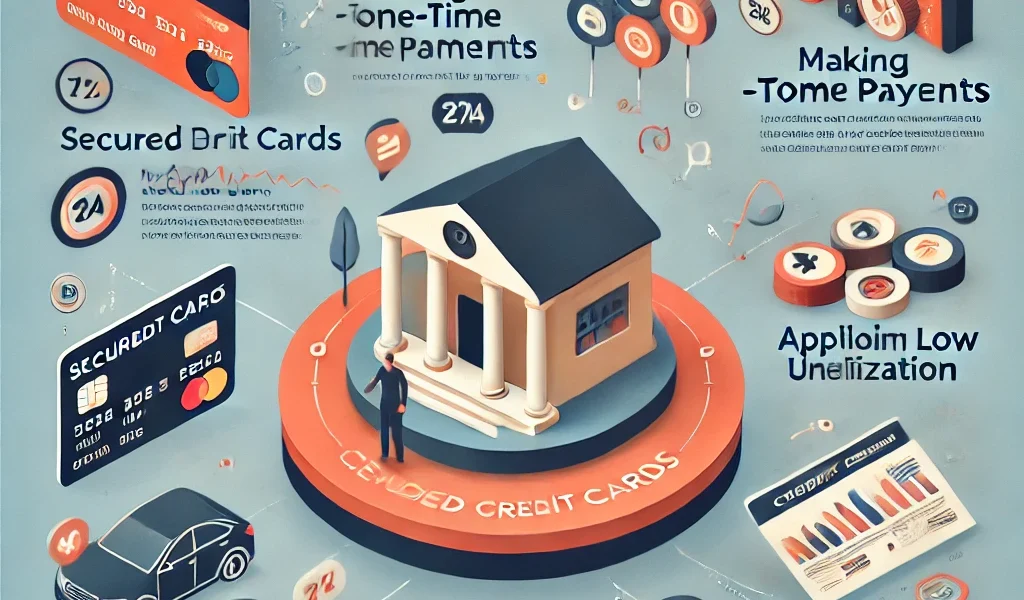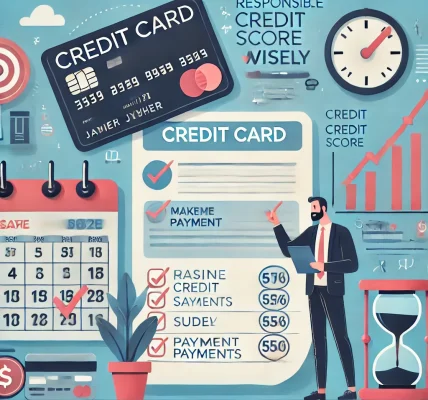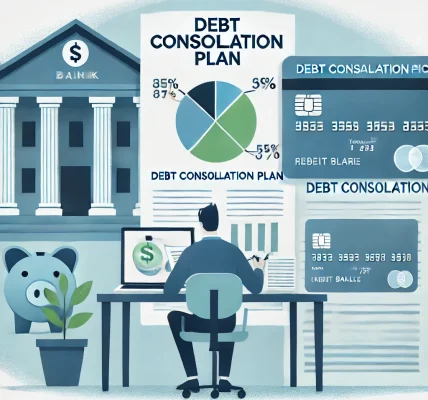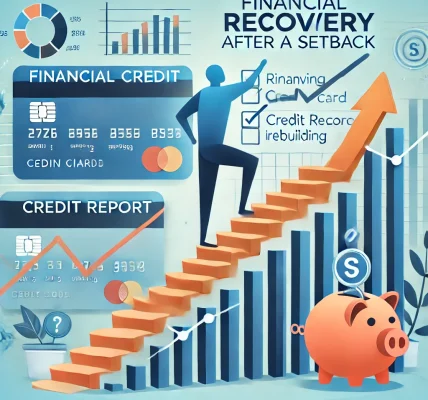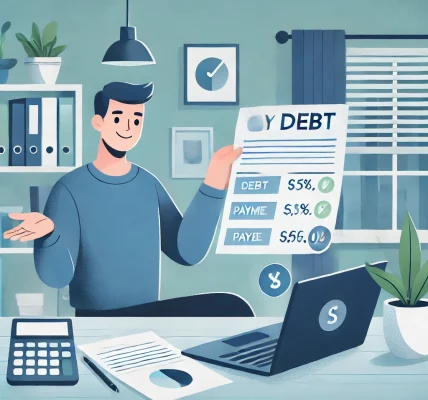Building credit from scratch can seem overwhelming, but with the right strategies, you can establish and grow a strong credit history. A good credit score is essential for securing loans, renting an apartment, or even getting better interest rates. In this guide, we’ll cover the best credit-building strategies for beginners, ensuring you start on the right foot.
1. Understanding Credit and Its Importance
Before diving into credit-building strategies, it’s crucial to understand what credit is and why it matters. Credit refers to your ability to borrow money and repay it on time. Your credit score is a numerical representation of your creditworthiness and is influenced by several factors, including:
- Payment history (35%) – Making on-time payments is the most crucial factor.
- Credit utilization (30%) – The amount of credit you use compared to your total credit limit.
- Credit history length (15%) – The longer your credit history, the better.
- Credit mix (10%) – Having a mix of credit types (e.g., credit cards, loans) can be beneficial.
- New credit inquiries (10%) – Too many recent credit applications can lower your score temporarily.
2. Get a Credit Card and Use It Wisely
One of the easiest ways to start building credit is by getting a credit card. Here are some beginner-friendly options:
- Secured Credit Card: Requires a refundable deposit that acts as your credit limit. It’s a great option for those with no credit history.
- Student Credit Card: Specifically designed for students with little to no credit history.
- Authorized User: If a family member or friend adds you as an authorized user on their card, you can benefit from their positive payment history.
3. Make On-Time Payments
Your payment history significantly impacts your credit score. Always pay at least the minimum amount due on your credit card or loan before the due date. Setting up automatic payments can help you avoid missed payments.
4. Keep Your Credit Utilization Low
Credit utilization refers to the percentage of your available credit that you use. To maintain a good credit score, aim to keep your utilization below 30%. For example, if you have a credit limit of $1,000, try not to use more than $300 at any given time.
5. Apply for a Credit-Builder Loan
Credit-builder loans are designed to help individuals build credit. Instead of receiving money upfront, you make monthly payments into a savings account, and once the loan term ends, you get access to the saved funds.
6. Use Alternative Credit Reporting Services
If you don’t have a credit card or loan yet, you can still build credit by using alternative credit reporting services. Some companies allow you to report rent, utility, and phone bill payments to the credit bureaus, helping you establish a credit history.
7. Avoid Opening Too Many Accounts at Once
While having multiple lines of credit can be beneficial in the long run, opening too many new accounts within a short period can negatively impact your credit score. Each new application results in a hard inquiry, which can lower your score temporarily.
8. Monitor Your Credit Report Regularly
Regularly checking your credit report helps you stay on top of your credit status and identify any errors. You can access a free credit report from major credit bureaus (Experian, Equifax, and TransUnion) once a year through AnnualCreditReport.com.
9. Build a Relationship with a Bank or Credit Union
Establishing a relationship with a bank or credit union can make it easier to get approved for financial products like credit cards or loans in the future. Many institutions offer special credit-building programs for beginners.
10. Be Patient and Stay Consistent
Building credit takes time, so be patient and stay consistent with good financial habits. As you continue making on-time payments, keeping your balances low, and monitoring your credit, your score will gradually improve.
Final Thoughts
Starting from scratch can be challenging, but with these credit-building strategies, you’ll be on your way to establishing a solid financial foundation. Responsible credit use will open doors to better financial opportunities in the future. Stay committed to good habits, and you’ll see positive results over time.
